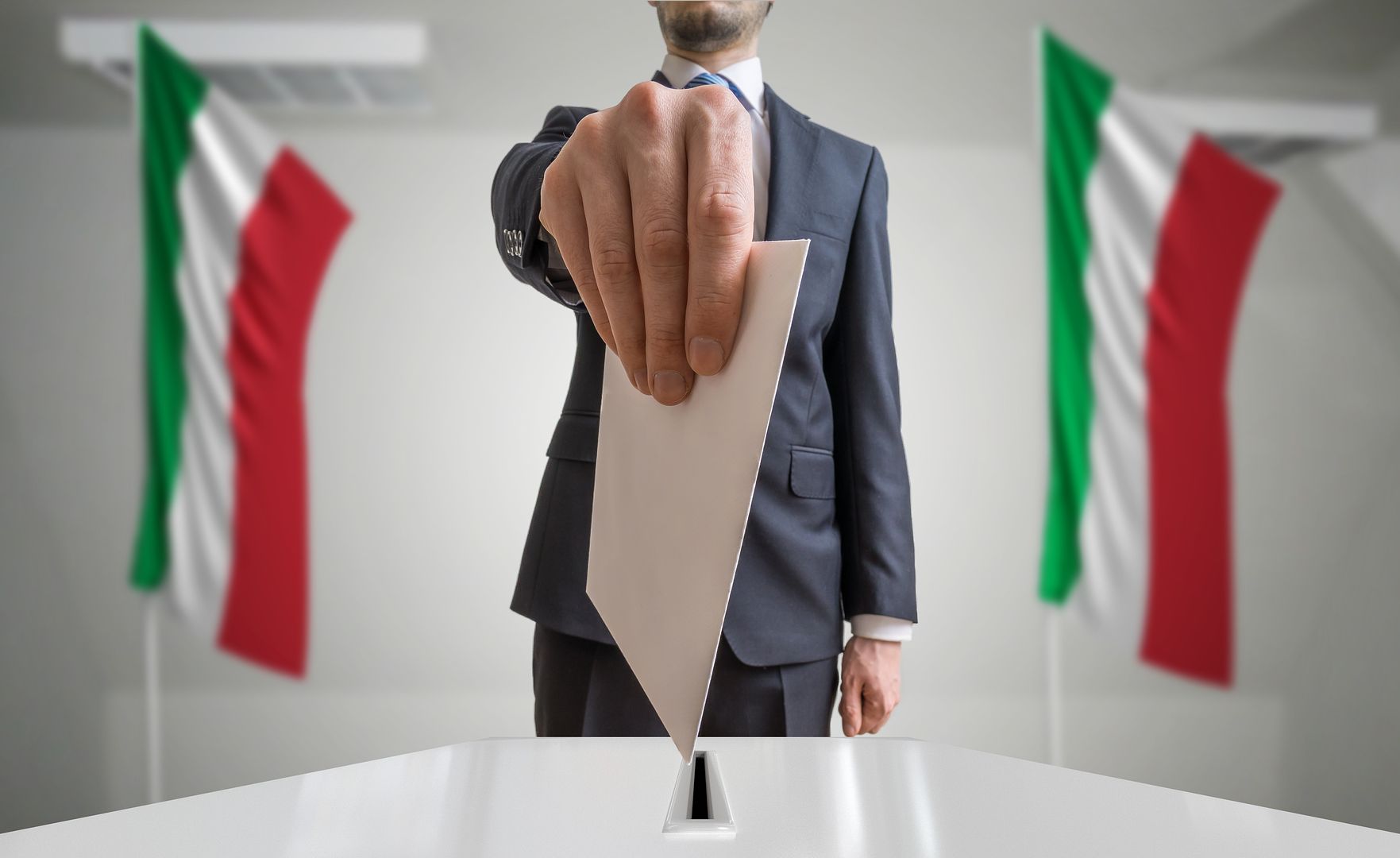Italian politics has been chronically unstable since the end of World War II, so the ascendance of two populist, anti-establishment coalitions — the left-leaning but ideologically diverse Five Star Movement, and the right-wing, formerly separatist League — may not seem all that important to foreigners. Yet what’s happening in Italy carries significant implications for the West in general and Europe in particular.
The Five Star Movement and the League were the two biggest vote-getters in Italy’s March 4 national elections, though neither received a large-enough percentage to rule on its own. Intense negotiations followed. On Wednesday, the New York Times reports, “President Sergio Mattarella gave a mandate to form a government to the parties’ consensus pick for prime minister, Giuseppe Conte, a little-known lawyer with no government experience.”
For all their differences, Five Star and the League share certain key attitudes and positions. As American Conservative editor Robert Merry points out, “Both despise the European Union and Italy’s loss of sovereignty to that bureaucratic behemoth. Both want an Italian exemption from the EU’s budget deficit cap of 3 percent of GDP. Both want out of the euro and have advocated a referendum on leaving the EU entirely if negotiations with Brussels falter. Both want better relations between Russia and the West. And both decry the mass immigration that has agitated Europe’s social and political life in recent years under the nose of EU leaders and with full support from figures such as Germany’s Angela Merkel.”
In Merry’s view, these similarities highlight “the increasing irrelevance of the left-right dichotomy in today’s Western politics.”
They also highlight the urgent need to reform Europe’s currency union. While Italy suffers from a host of demographic, cultural, and economic problems — including low levels of labor-force participation and high levels of debt, red tape, corruption, and Mafia violence — Barron’s columnist Matthew Klein argues persuasively that “Italy’s biggest problem is its membership in the euro area.” As Klein explains, “The problem isn’t the euro itself, but the fact that the euro area has no safe assets.”
For more on the new Italian government, and the country’s importance to Europe (Italy is still the fourth-biggest economy in European Union, behind only Germany, Britain, and France), go here and here.


